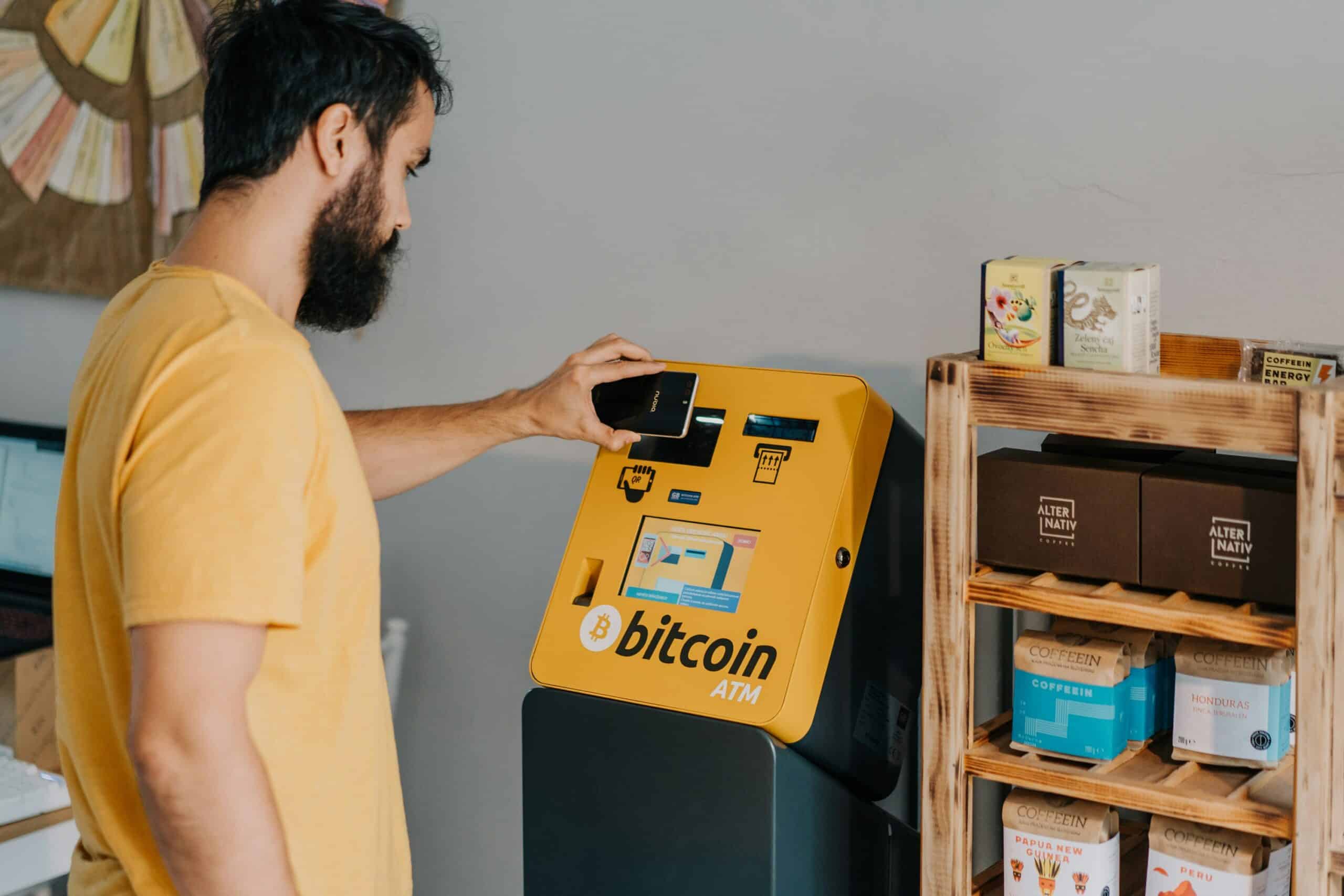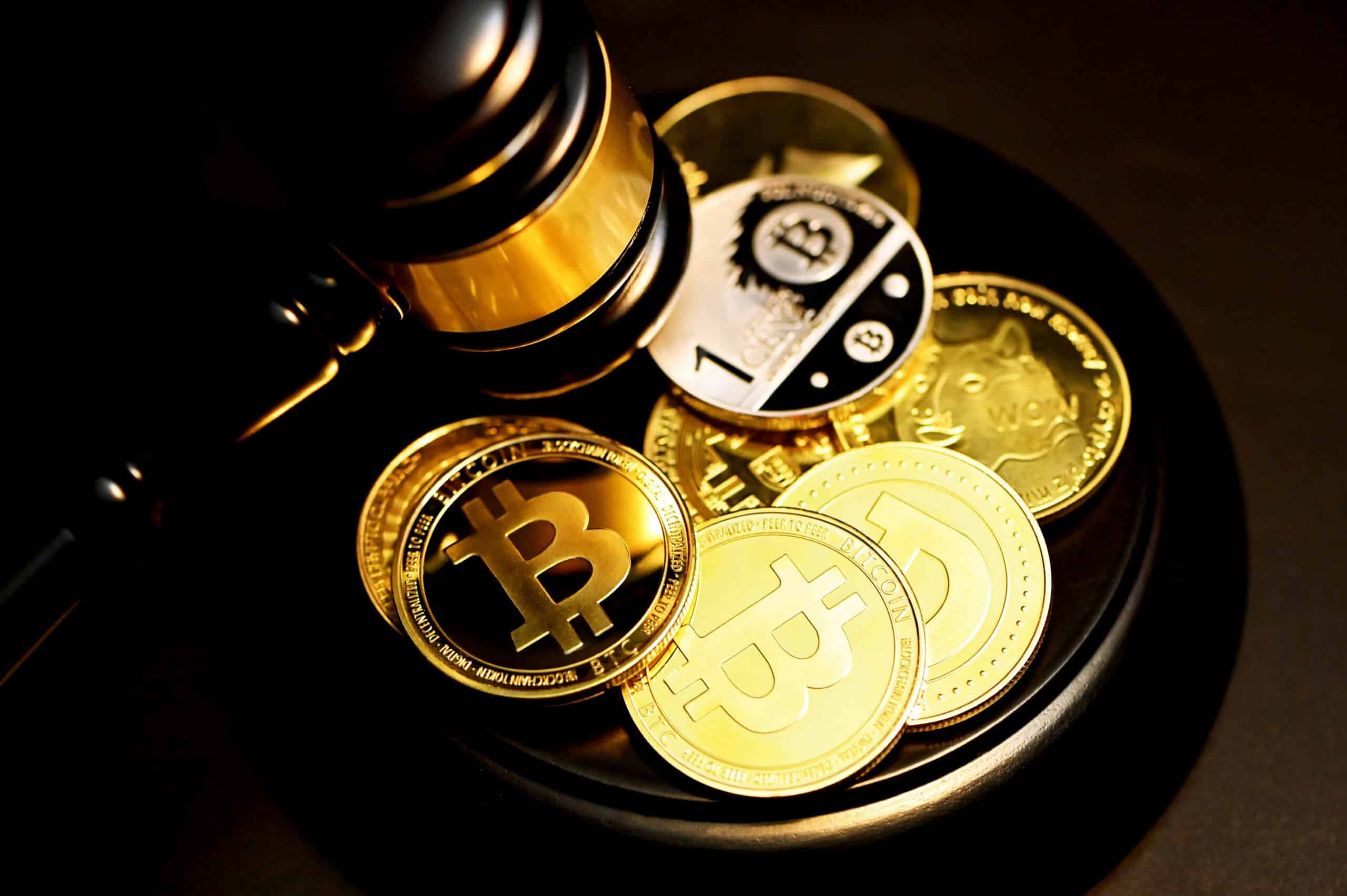Germany has once again found itself in the spotlight and that too in the crypto world. After the nation made headlines for its decision to sell off seized Bitcoin earlier this summer, authorities have continued to tighten their grip on the crypto space. This time, the focus is on cryptocurrency ATMs, and the recent crackdown has left many wondering about the future of cryptocurrency in Europe’s largest economy.
A Sizzling Summer Of Crypto Scrutiny
Its been anything but a quiet summer for Germany’s crypto community. The sale of seized Bitcoin by German authorities had already sparked debates among crypto enthusiasts and critics alike, with some praising the move as a sensible financial decision while others viewed it as an indication of the country’s increasingly stringent stance on digital assets. Now, with the recent busts on August 20, the debate has been reignited, this time surrounding the legality and regulation of crypto ATMs.
On that day, German authorities embarked on a sweeping anti-money laundering operation that saw them confiscate 13 cryptocurrency ATMs and almost $28 million in cash from 35 locations across the nation. The raids, which were spearheaded by BaFin, Germany’s financial watchdog, in collaboration with police and the Bundesbank, have been described as one of the most significant actions against crypto-related malpractice in recent times.
Unlicensed ATMs: A Hidden Risk in Plain Sight
According to BaFin, converting euros to cryptocurrencies, or vice versa, constitutes a commercial activity under Germany’s Banking Act. This means that any entity wishing to operate a crypto ATM must obtain explicit authorization. Without this, the machines are considered illegal, and their operation poses substantial risks, particularly in terms of money laundering and terrorist financing.

Crypto ATMs, which allow users to buy or sell cryptocurrencies like Bitcoin using cash or debit cards, have become increasingly popular in recent years. However, he anonymity that often accompanies these transactions has raised red flags among regulators. The concern is that without proper oversight, these machines could easily be exploited by criminals to move illicit funds or finance illegal activities.
In their statement, BaFin made it clear that the crackdown was driven by a commitment to safeguarding the integrity of the German financial system. The watchdog emphasized the importance of regulatory compliance, not just as a means of preventing crime but also as a way of protecting consumers who might otherwise fall victim to scams or fraudulent schemes.
The Legal Consequences for Operators
For those operating unlicensed crypto ATMs, the consequences are now more severe than ever. BaFin has warned that ATM operators can face prosecution, with penalties of up to five years in prison. This marks a significant escalation in the authorities’ approach to regulating the crypto space, and it sends a clear message to those involved in the industry: compliance is non-negotiable.

The recent raids are part of a bigger picture painted by German authorities to crack down on crypto malpractice. Earlier this year, there were several high-profile cases where individuals and businesses were found to be engaging in illegal activities involving cryptocurrencies. These cases have only served to bolster the resolve of regulators to bring the sector under stricter control.
The Future of Crypto in Germany
The recent events have left many in the crypto world wondering about the future of Bitcoin and all the other altcoins in Germany. Will these crackdowns stifle innovation and drive crypto businesses out of the country? Or will they lead to a more regulated and secure environment where cryptocurrencies can thrive?
For now, it’s too early to tell. What is clear, however, is that Germany is taking a hard line on crypto regulation. The authorities are determined to weed out illegal activities and bring the sector in line with the country’s strict financial laws. This approach may be met with resistance from some quarters, but it’s also likely to be welcomed by those who see regulation as key to the growth and acceptance of cryptocurrencies on a global scale.





























